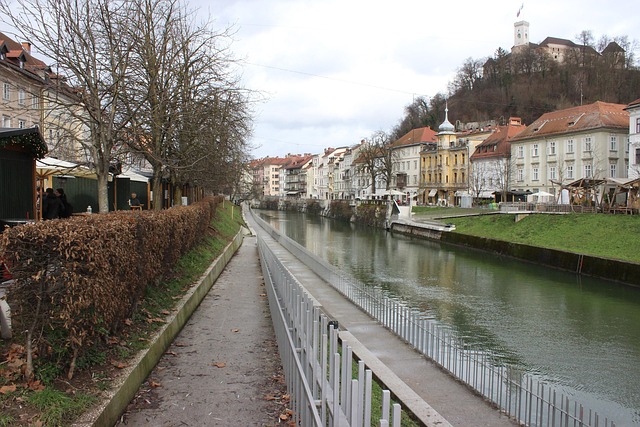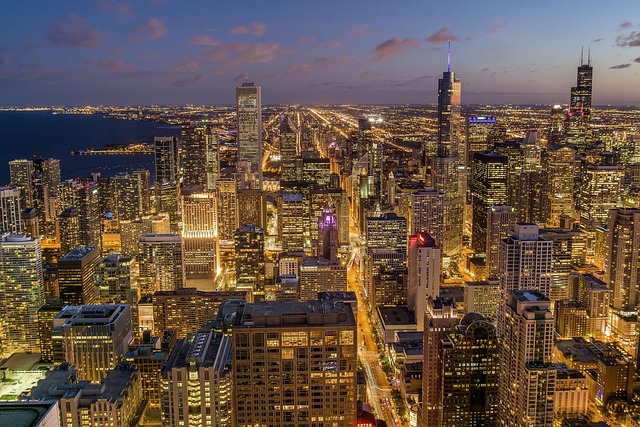In Karachi, Pakistan's bustling metropolis, the Karachi Development Authority (KDA) regulates urban growth and development, influencing its physical and social landscape. Cantonment areas, historically military outposts, have evolved into integrated hubs and hold significant cultural value. KDA manages critical aspects like infrastructure, zoning, and environmental policies using legal frameworks, ensuring compliance with building codes. However, rapid growth, haphazard development, and inadequate planning pose challenges. To revolutionize urban planning, KDA must implement robust land use policies, smart city initiatives, and digitized administration, fostering public-private partnerships to improve access to education and healthcare.
Exploring the intricate world of KDA (Karachi Development Authority) jurisdiction in Karachi, this article offers a comprehensive overview. From its historical roots as cantonment areas to the legal framework empowering KDA authorities, we dissect the profound impact on local governance and community dynamics.
We delve into the challenges faced, past reforms, and future prospects, providing valuable insights into the unique administrative landscape of Pakistan’s bustling metropolis, Karachi.
- Understanding KDA Jurisdiction in Karachi: An Overview
- Historical Background and Evolution of Cantonment Areas
- The Legal Framework and Powers of KDA Authorities
- Impact on Local Governance and Community Relations
- Challenges, Reforms, and Future Prospects for KDA/Cantonment Jurisdiction
Understanding KDA Jurisdiction in Karachi: An Overview

In the bustling metropolis of Karachi, understanding KDA (Karachi Development Authority) jurisdiction is crucial for any individual or business navigating the city’s urban landscape. The KDA is responsible for overseeing and managing the rapid urbanization and development of this vibrant city. Its jurisdiction encompasses a wide range of activities, from zoning and land use planning to infrastructure development and environmental regulations. This regulatory body plays a pivotal role in shaping the physical and social fabric of Karachi.
The scope of KDA’s authority includes regulating construction projects, ensuring compliance with building codes, and managing public spaces. It coordinates with various local bodies and authorities to maintain law and order and facilitate sustainable growth. For businesses operating within Karachi, understanding these jurisdiction boundaries is essential for legal compliance, efficient operations, and contributing positively to the city’s development narrative.
Historical Background and Evolution of Cantonment Areas

In the historical landscape of Karachi, cantonment areas have played a pivotal role in shaping the city’s urban development and governance. The term ‘cantonment’ originated from military needs, referring to zones designated for the accommodation of troops and their equipment. Over time, these areas evolved beyond their initial military purpose, transforming into bustling hubs that seamlessly blend commercial, residential, and recreational spaces.
The evolution of cantonment jurisdictions in Karachi traces back to the colonial era when British rulers established specific areas for military stations. These early cantonments not only facilitated the city’s defense but also influenced its architectural and spatial layout. As Karachi grew, these areas became centers of economic activity, attracting businesses and residents alike. The historical background is a testament to how cantonments have contributed to the city’s identity, creating distinct neighborhoods that reflect its diverse cultural and socio-economic fabric, especially in the vibrant metropolis of Karachi.
The Legal Framework and Powers of KDA Authorities

In Karachi, the Karachi Development Authority (KDA) plays a pivotal role in shaping the city’s urban landscape and infrastructure. The KDA is endowed with specific legal frameworks and powers that enable it to manage and regulate development within its designated jurisdiction. These powers stem from various acts and ordinances, including the Karachi Development Authority Act, 1976, which grants the authority the right to acquire land, develop housing schemes, lay out roads, and implement urban planning policies.
KDA authorities possess the legal mandate to ensure compliance with zoning regulations, building codes, and environmental standards. They can issue notices, impose fines, and take legal action against violators, thereby preserving the integrity of Karachi’s urban fabric. This regulatory capacity is crucial for maintaining a balanced and sustainable development pace in one of Pakistan’s most populous and vibrant metropolitan areas.
Impact on Local Governance and Community Relations

The KDA/Cantonment jurisdiction in Karachi has had a profound impact on local governance and community relations. With its unique legal framework, this jurisdiction often operates separately from the city’s traditional administrative structures. This separation can sometimes lead to challenges in coordination and collaboration between the Cantonment authorities and local government bodies. However, it also allows for specialized management of critical areas within Karachi, such as defense installations and related infrastructure, ensuring efficient services and security.
The community relations aspect is complex. While the jurisdiction provides a structured approach to managing sensitive areas, it may also create a sense of isolation from the broader city. Local residents in these zones might experience varying levels of access and services, leading to potential disparities with neighboring communities. Balancing the need for efficient Cantonment management and inclusive local governance is essential to fostering positive relationships and ensuring all Karachiites benefit from the city’s development initiatives.
Challenges, Reforms, and Future Prospects for KDA/Cantonment Jurisdiction

The Karachi Development Authority (KDA) and Cantonment jurisdiction face a multitude of challenges in managing the rapid urban growth and development of the city. One of the primary issues is the lack of efficient land use planning, resulting in haphazard development and inadequate infrastructure. The region’s history as a military cantonment has also left its mark, with certain areas lacking proper zoning for residential, commercial, and industrial purposes. Additionally, the jurisdiction struggles with corruption, bureaucratic delays, and a dearth of transparent decision-making processes, further complicating urban planning and development efforts.
Reforms are necessary to address these challenges and ensure sustainable growth in Karachi. Implementing robust land use policies, promoting smart city initiatives, and digitizing administrative processes can enhance efficiency and transparency. Encouraging public-private partnerships for infrastructure development and improving access to quality education and healthcare services will also contribute to the overall well-being of residents. Looking ahead, the KDA/Cantonment jurisdiction has an opportunity to revolutionize urban planning through innovative solutions, leveraging technology, and fostering inclusive growth, ultimately shaping a modern, vibrant Karachi.
The complex interplay between KDA/Cantonment jurisdiction and local governance in Karachi has shaped the city’s development over time. Understanding this historical evolution, as outlined in this article, is crucial for navigating the current challenges and fostering improved community relations. The legal framework, while providing certain powers to KDA authorities, must be adapted to meet modern needs. By addressing historical grievances and implementing reforms, there is an opportunity to revolutionize local governance in these areas, ultimately enhancing the quality of life for all residents of Karachi.
